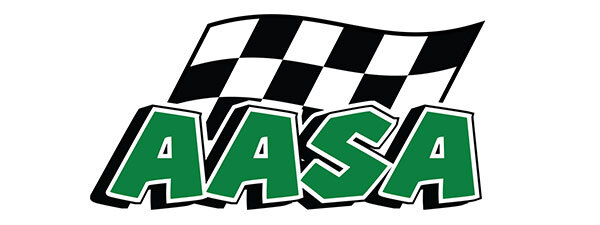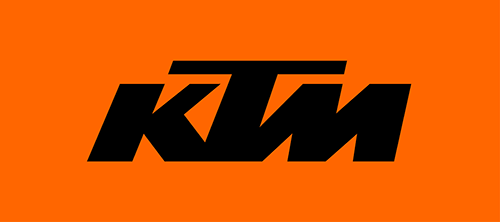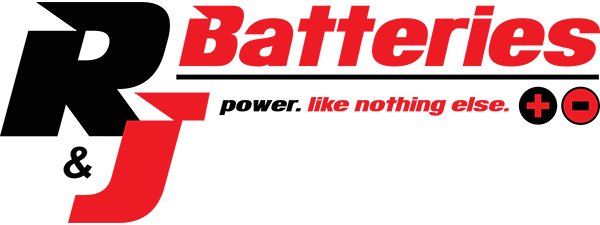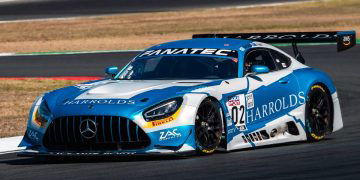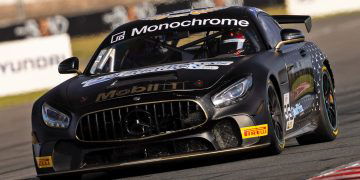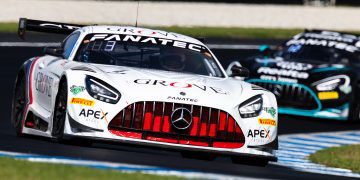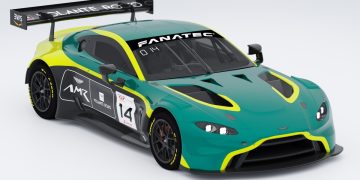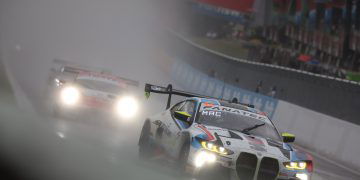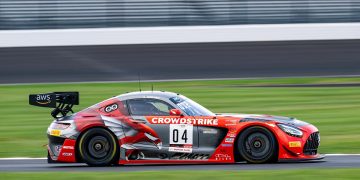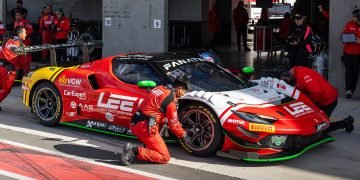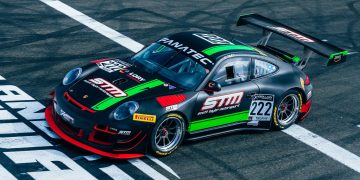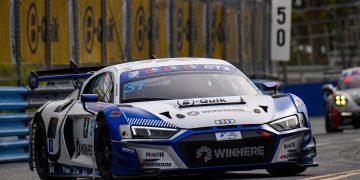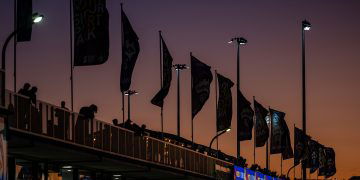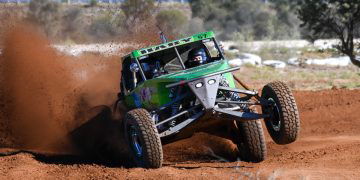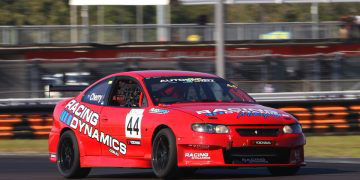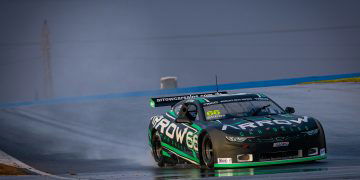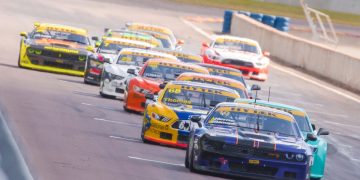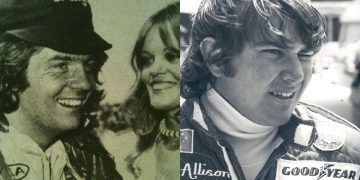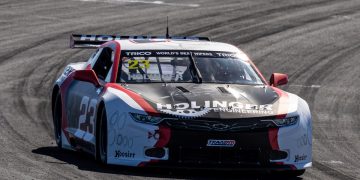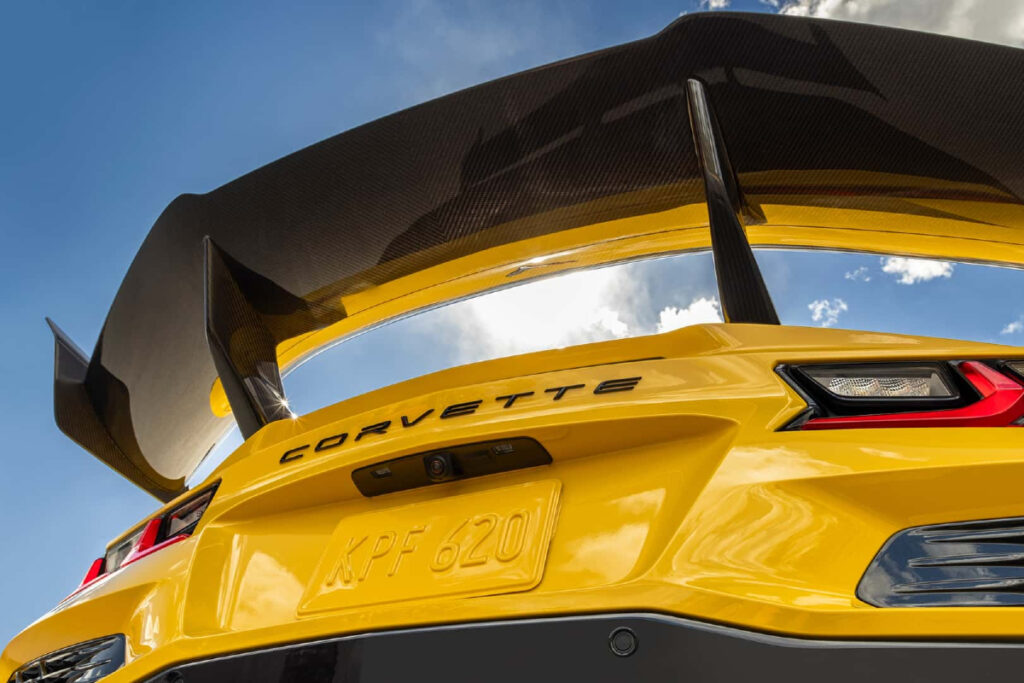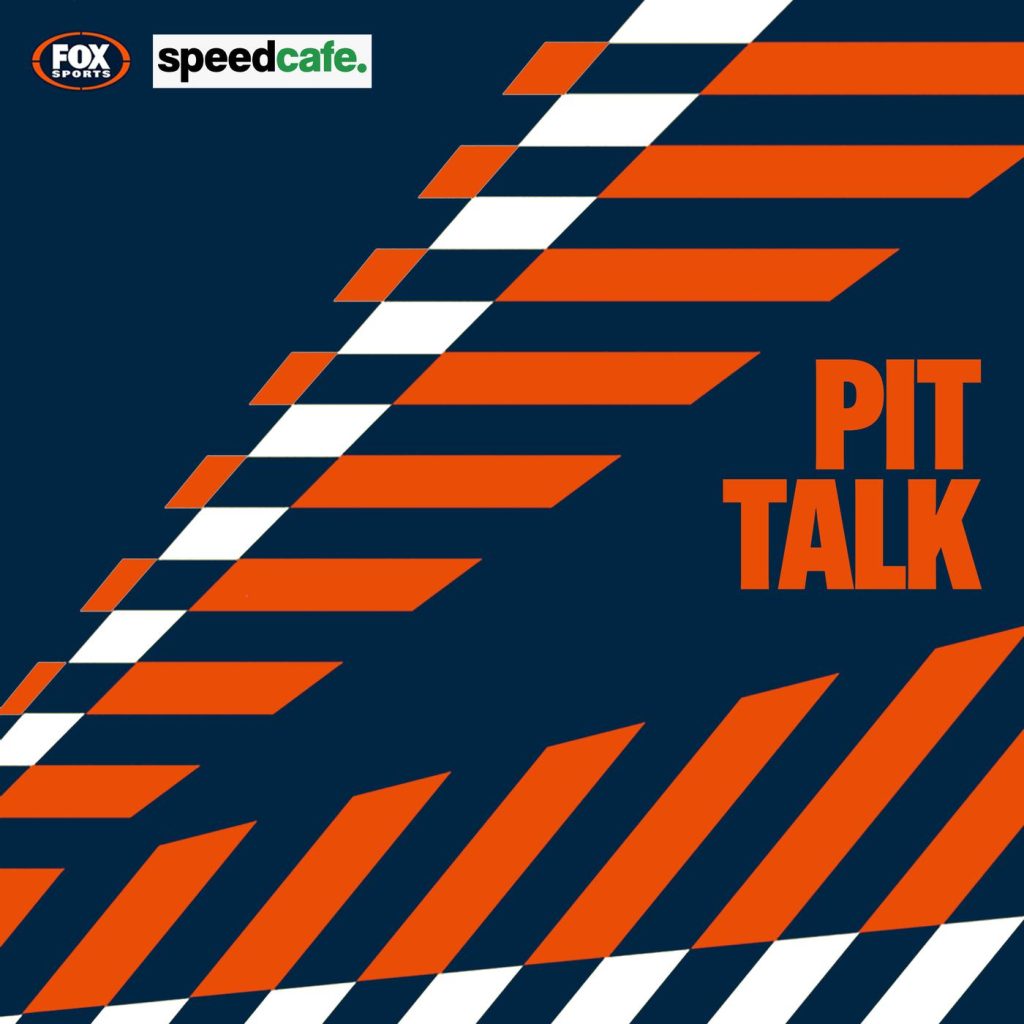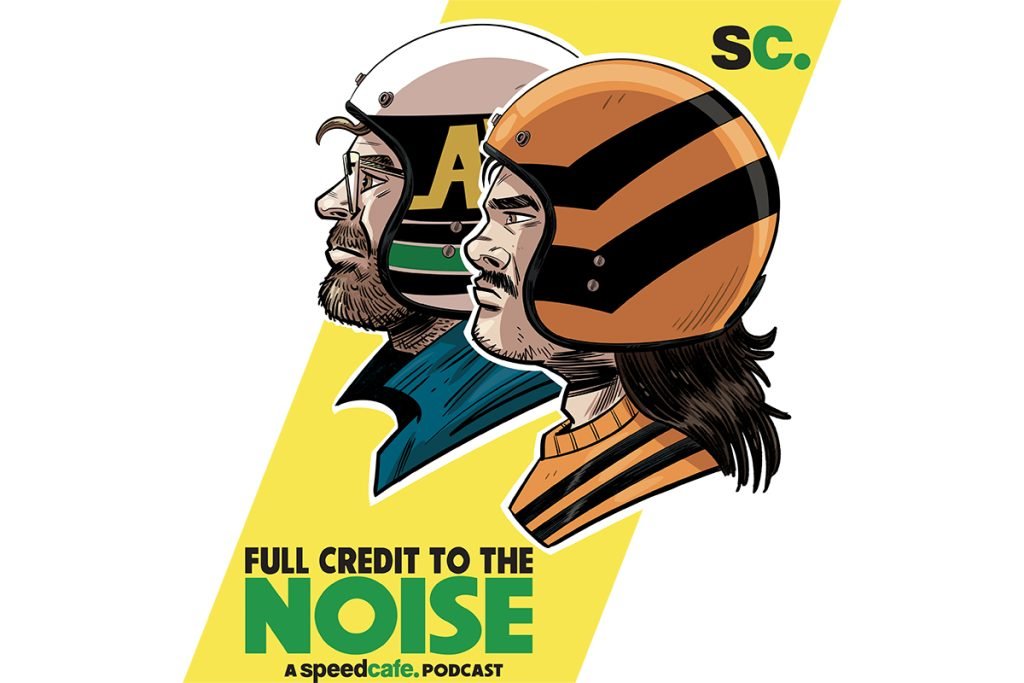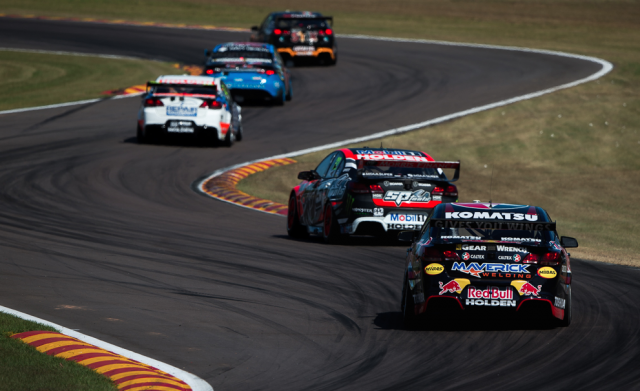
V8 Supercars continues to edge closer to a public release of its Gen2 technical guidelines following a recent presentation to the category's Commission.
Essentially an updated version of the existing homologation document, the guidelines were delivered to the Commission by V8 Supercars technical director David Stuart last week .
Formulating the document over recent months, Stuart's department has been assisted by engine partner Craig Hasted, Tekno Autosports manager Steve Hallam, former team owner Ross Stone and ex-Volvo global powertrain head Derek Crabb.
The Commission members, who include team principles Brad Jones, Tim Edwards and Todd Kelly, have been asked to provide feedback before it is released to all teams at the end of the month.
Input will also be individually sought from each of the existing manufacturers, including Ford, amid continued optimism that the Blue Oval will reverse its recent decision to cut ties with the sport.
Although yet to be confirmed, a public reveal of the sport's technical future is thought likely to coincide with the upcoming Castrol Townsville 400 on July 10-12.
This week marks a year since V8 Supercars first publicly floated the plan to introduce non-V8 engines and two-door bodyshapes into the category in 2017.
The Gen2 concept was then formally launched in December, where CEO James Warburton declared a more open rule set “imperative to keep the sport relevant to the current environment, entertaining and, critically, viable for the race teams”.
The challenge for the Gen2 working group has subsequently been to formulate guidelines that will encourage manufacturers to homologate new engines and body shapes while maintaining the current level of parity.
While allowing for the use of off-the-shelf racing engines from global programs has been touted as vital to attracting manufacturers, any new engines and bodywork will have to fit to the existing control chassis.
The majority of the field is expected to continue with their current equipment when the new rules come in, with V8 Supercars pledging that the existing engine performance levels will not be exceeded.
Holden is understood to be most keen for the alternative engine options in order to coincide with future marketing plans, eyeing the V6 turbo architecture to replace its long-running V8s in a new-generation Commodore.
A Hasted-developed General Motors-based V6 turbo is expected to be showcased in V8 Supercars' Holden Car of the Future prototype at Bathurst this October in order to demonstrate the category's future.


